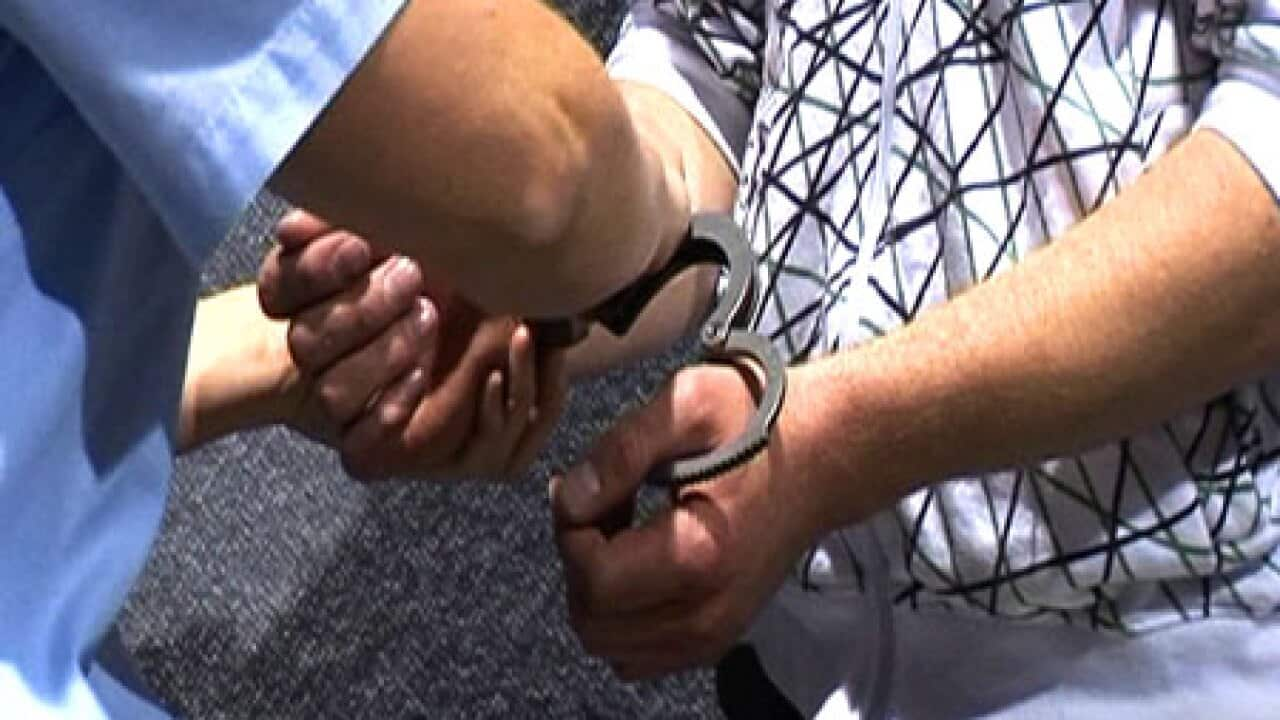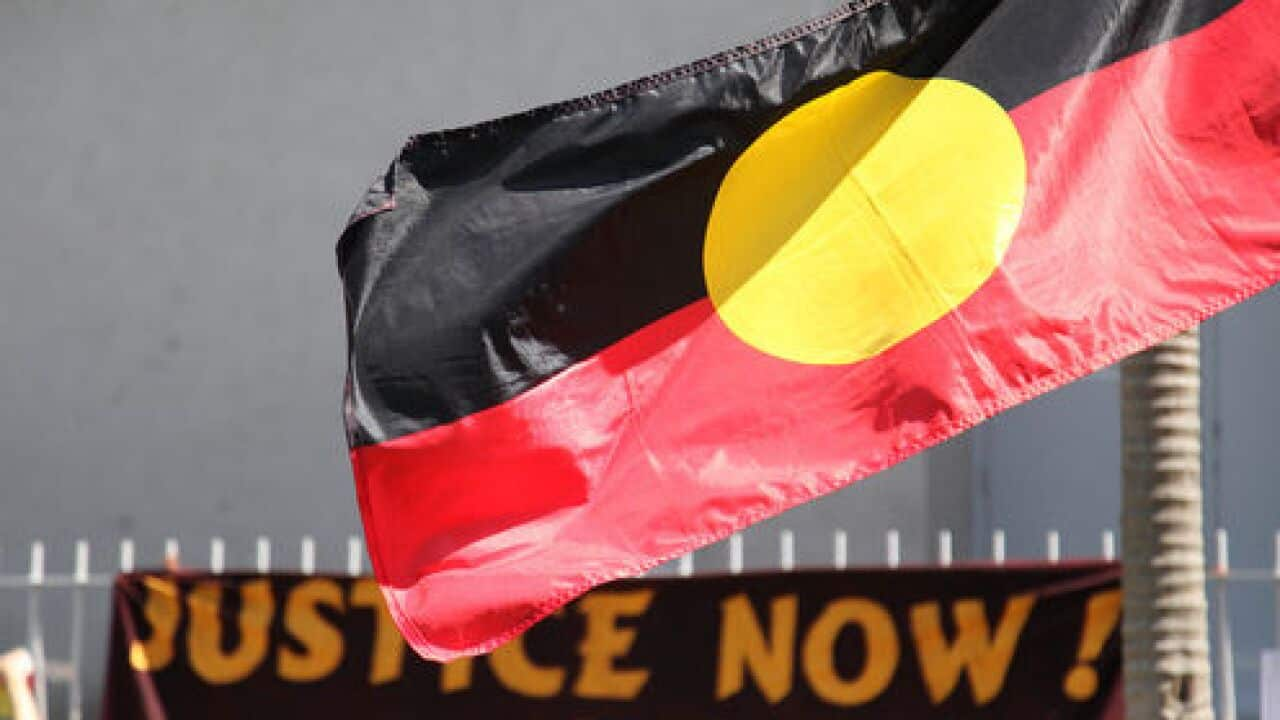ICOs are an alternative to imprisonment, where supervised offenders do community service and are given support and access to rehabilitative services.
The Bureau’s latest report comes as census figures show Indigenous imprisonment rates in NSW climbed 25 per cent between 2013 and 2016, something the Bureau is attributing - in part - to incarceration for minor offences.
“We knew that the Aboriginal imprisonment rate was going up, nobody was entirely clear what it was that was pushing it up,” Bureau Director, Dr Don Weatherburn said.
“We now know there are three factors: One of them is the increase in the number of Aboriginal people being arrested for the offence of intimidation/stalking, another one is the number of them going to prison for this offence, and the third is people are simply staying in remand because the district court has got big delays in it at the moment.”
Dr Weatherburn said the increase in the offence of stalking and intimidation reflects changes to policing rather than an increase in actual incidences of those crimes being committed.
“It’s not because there is any evidence that Aboriginal people are committing these offences more often than they used to, there is no evidence of that,” he said.
“What appears to have happened is the police at some point have simply decided to charge more people with this offence and the courts for their part have decided to lock more people up for this offence.”
The Bureau wants to see ICOs and home detention used more often as a sentencing tool in these cases.
“There’s no shortage of options besides prison. And if only half of those currently going to prison for these offences got one of these alternatives to custody, we’d have 500 fewer Aboriginal people going to jail each year,” Dr Weatherburn said.
RELATED ARTICLE

Number of young people under youth justice supervision drops
However, the report did identify barriers to implementing ICOs and home detention more widely, such as a lack of treatment services in small communities and the difficulties of electronic monitoring in remote and rural areas.
"ICOs are rarely given for the sorts of offences that have driven recent growth in Indigenous imprisonment in NSW,” Dr Weatherburn said.
"It's to be hoped reforms currently underway to increase the use of ICOs have the effect of reducing the rate of Indigenous imprisonment in NSW."
With AAP

More Indigenous young people in youth detention, says AIHW


